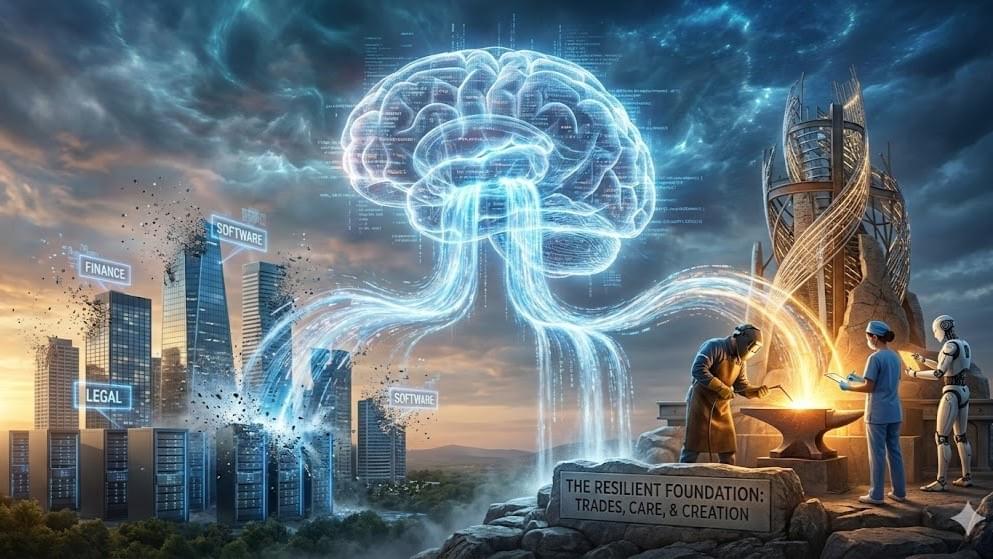If we are ever going to be go beyond the solar system, to share the miracle of Earth Life, it’s clear that we will need radical new ways of getting there.
One such solution that was recently proposed uses electron beams accelerated to near the speed of light to propel spacecraft, something that could overcome the vast distances between Earth and the next closest star. “For interstellar flight, the primary challenge is that the distances are so great,” Greason explained. “Alpha Centauri is 4.3 light-years away; about 2,000 times further away from the sun than the Voyager 1 spacecraft has reached — the furthest spacecraft we’ve ever sent into deep space so far. No one is likely to fund a scientific mission that takes much longer than 30 years to return the data — that means we need to fly fast.”
A study by Greason and Gerrit Bruhaug, a physicist at Los Alamos National Laboratory, published in the journal Acta Astronautica, highlights that reaching practical interstellar speeds hinges on the ability to deliver sufficient amounts of kinetic energy to the spacecraft in an economic way.
“Interstellar flight requires us to collect and control vast amounts of energy to achieve speeds fast enough to be useful,” said Greason. “Chemical rockets that we use today, even with the extra speed boost from flying by planets, or from […] swinging by the sun for a boost, just don’t have the ability to scale to useful interstellar speeds.”




